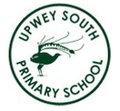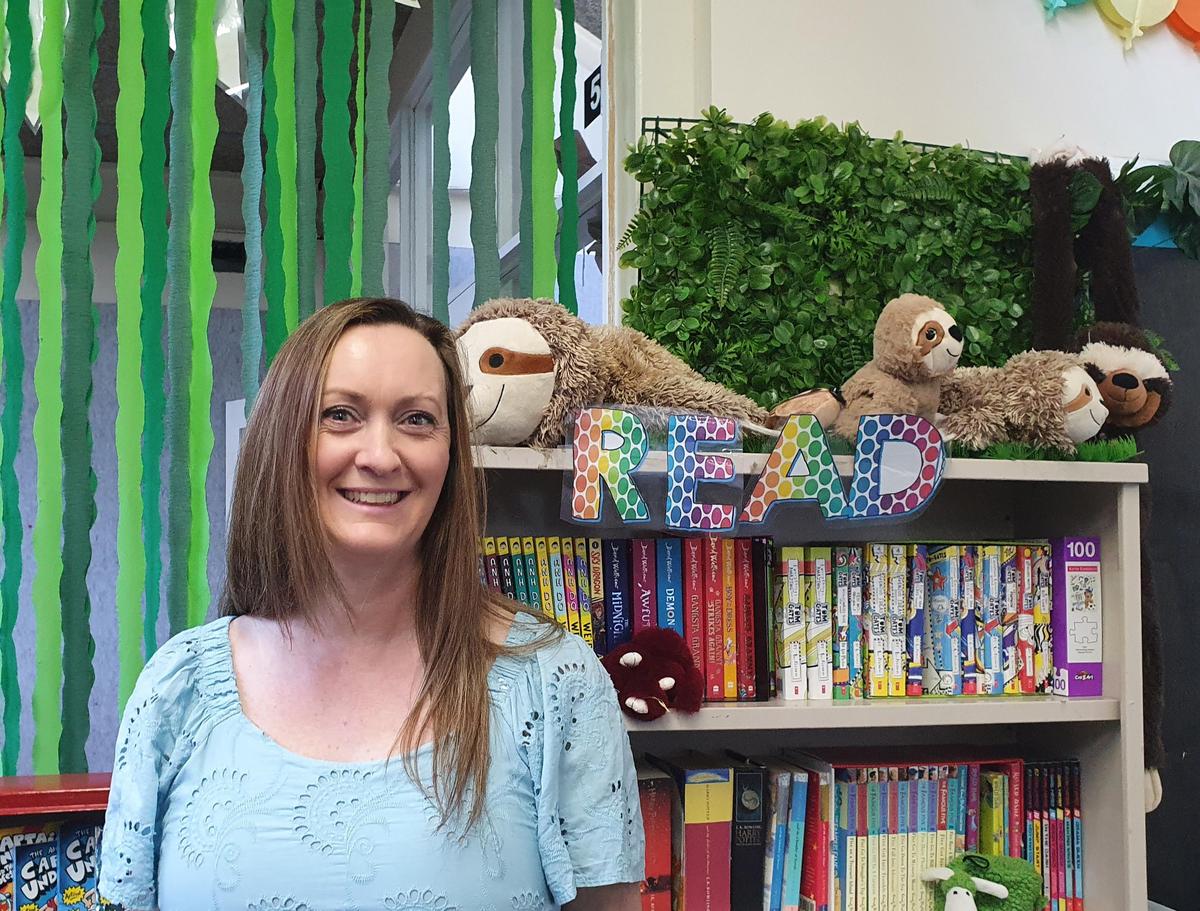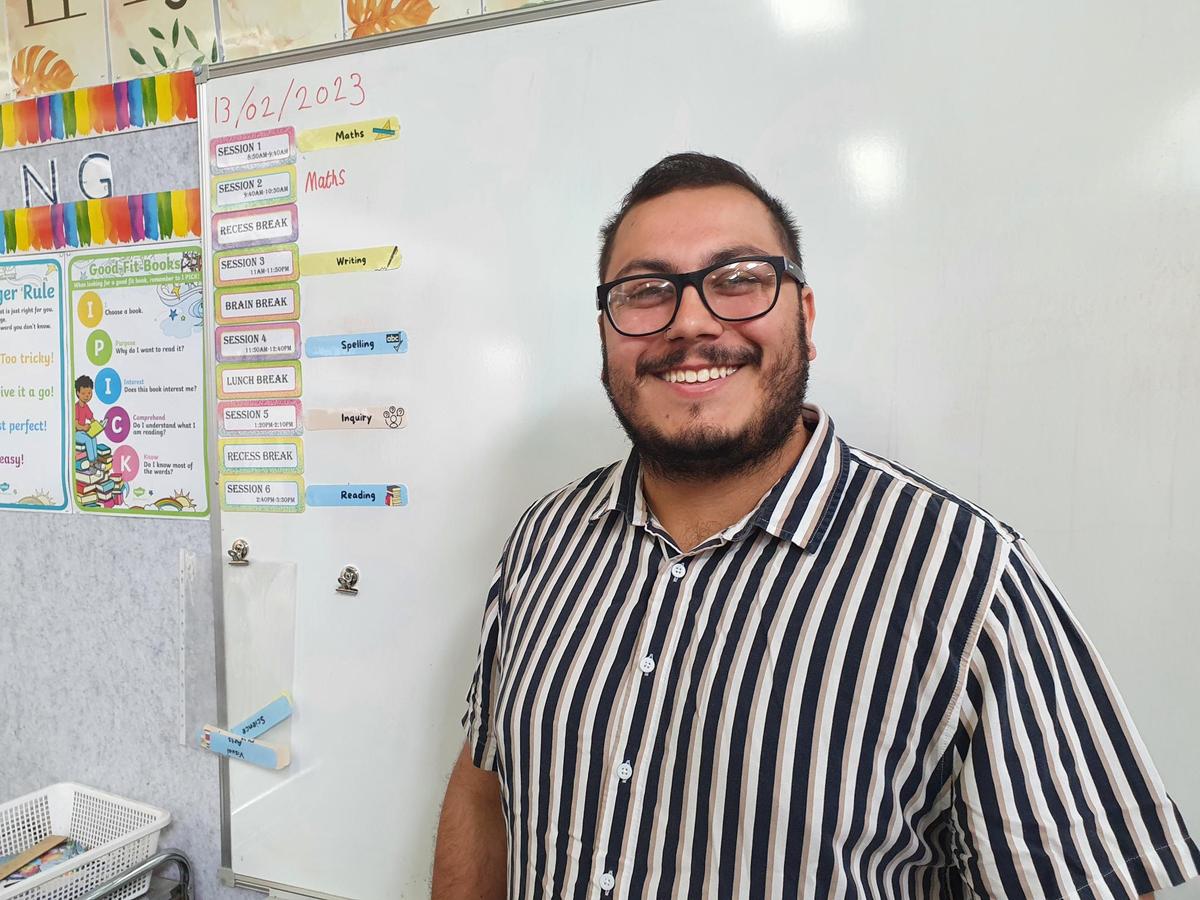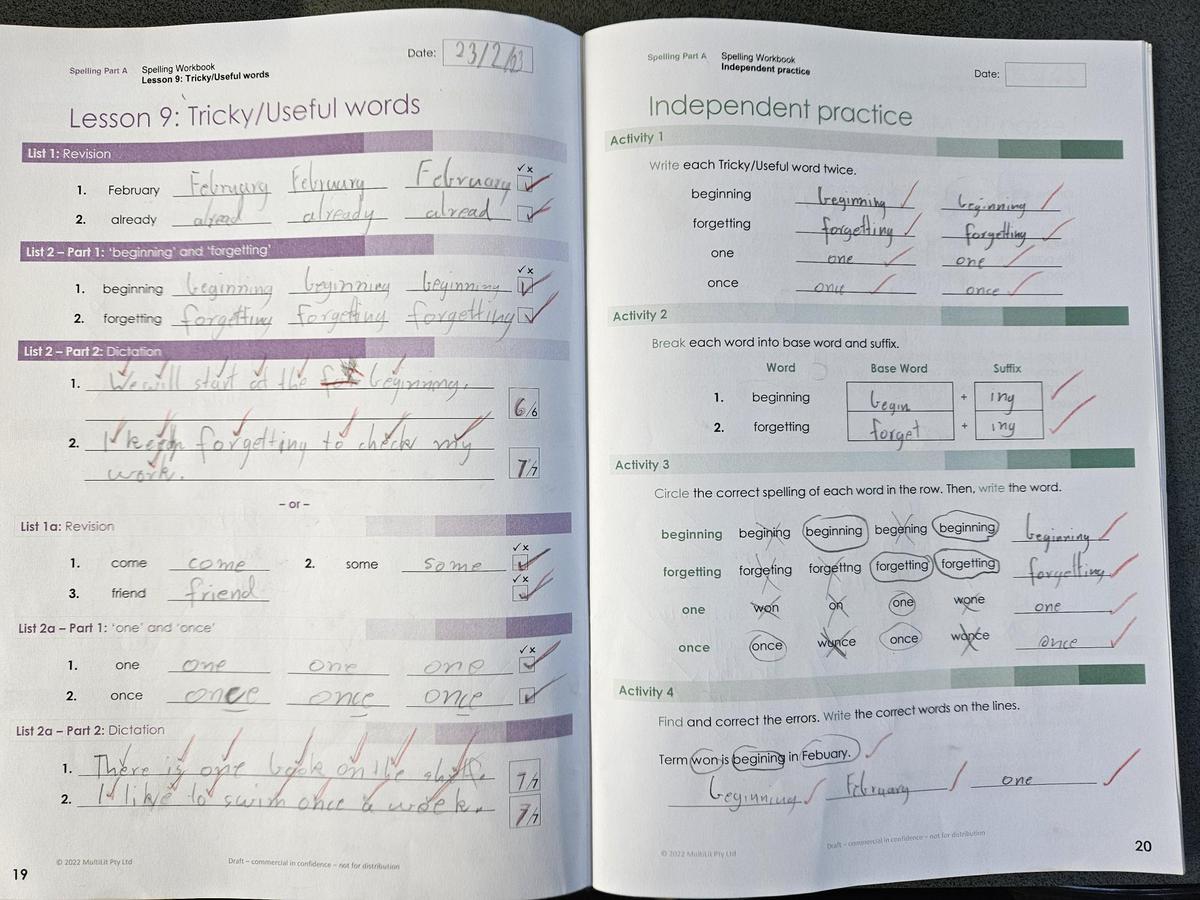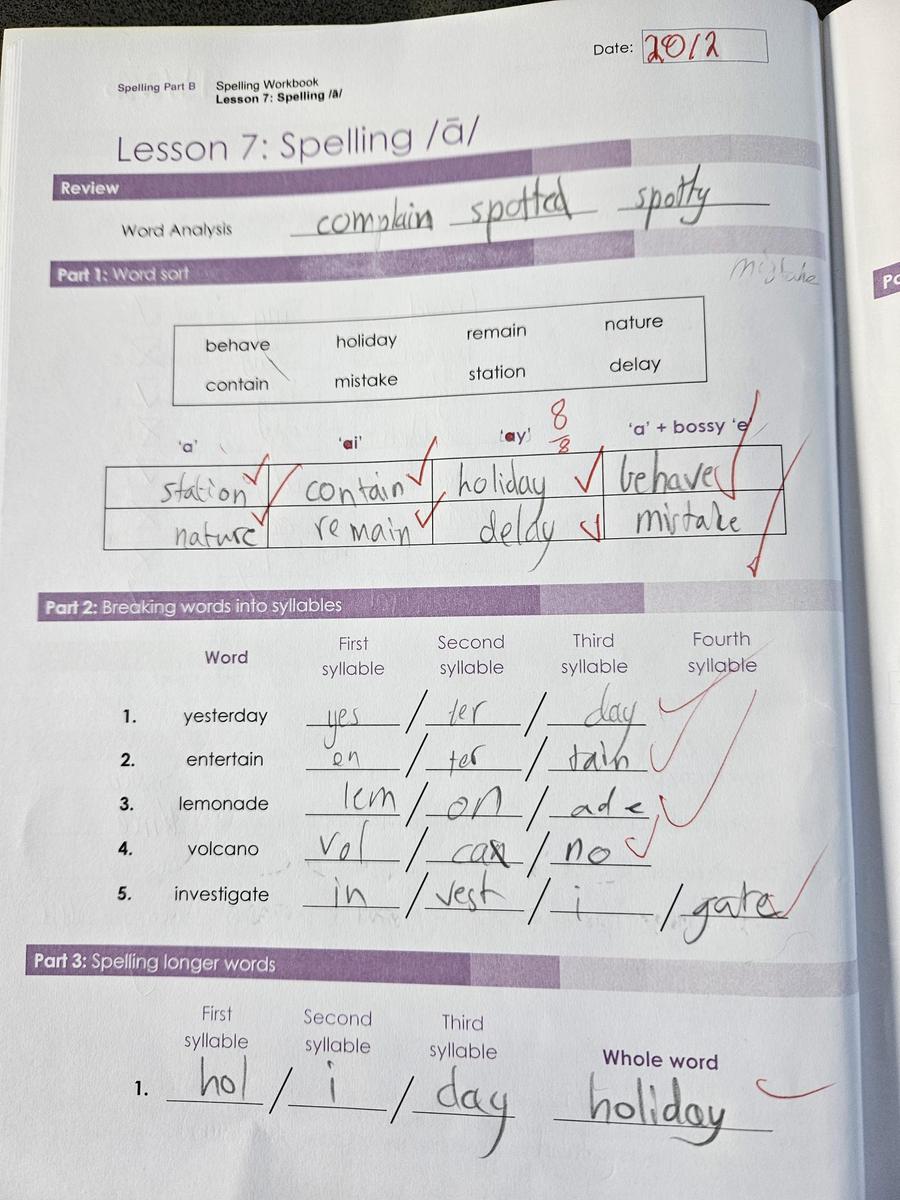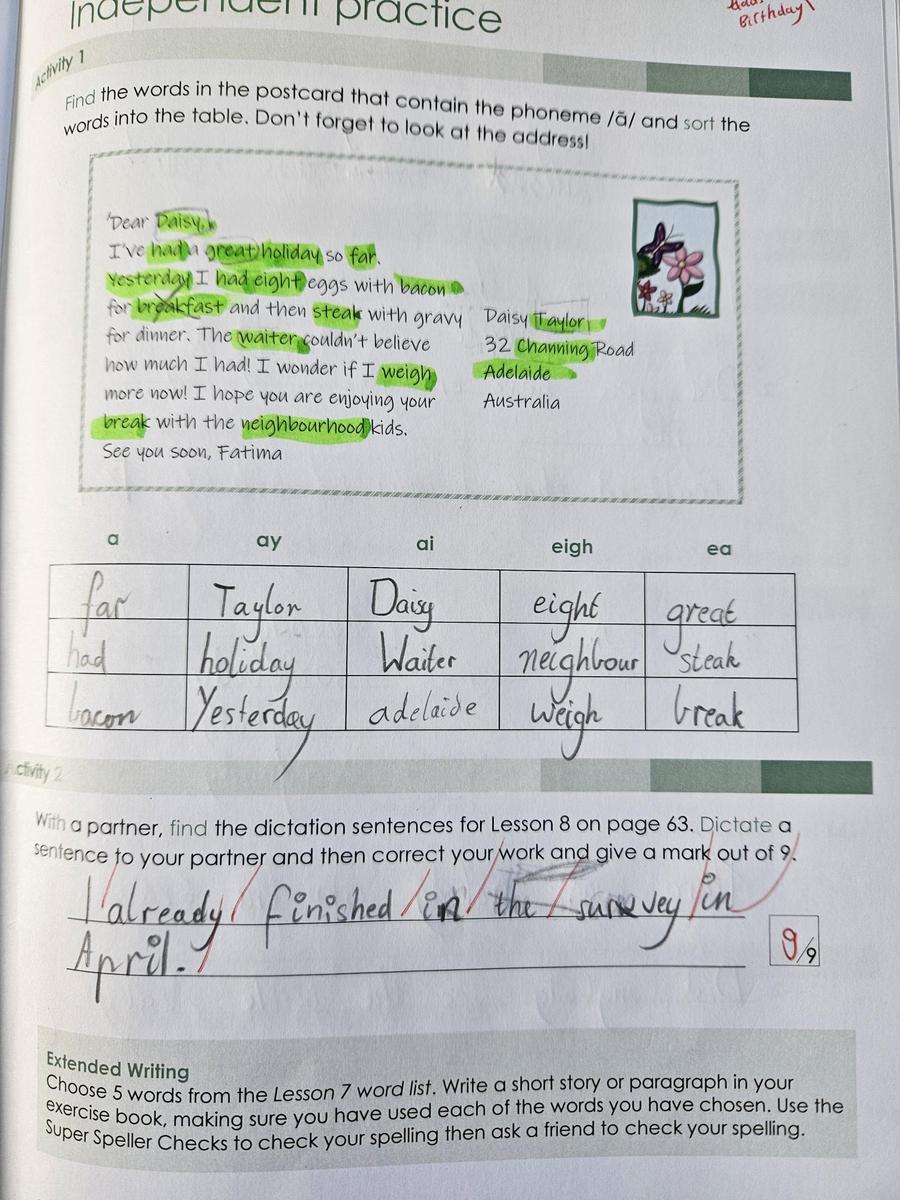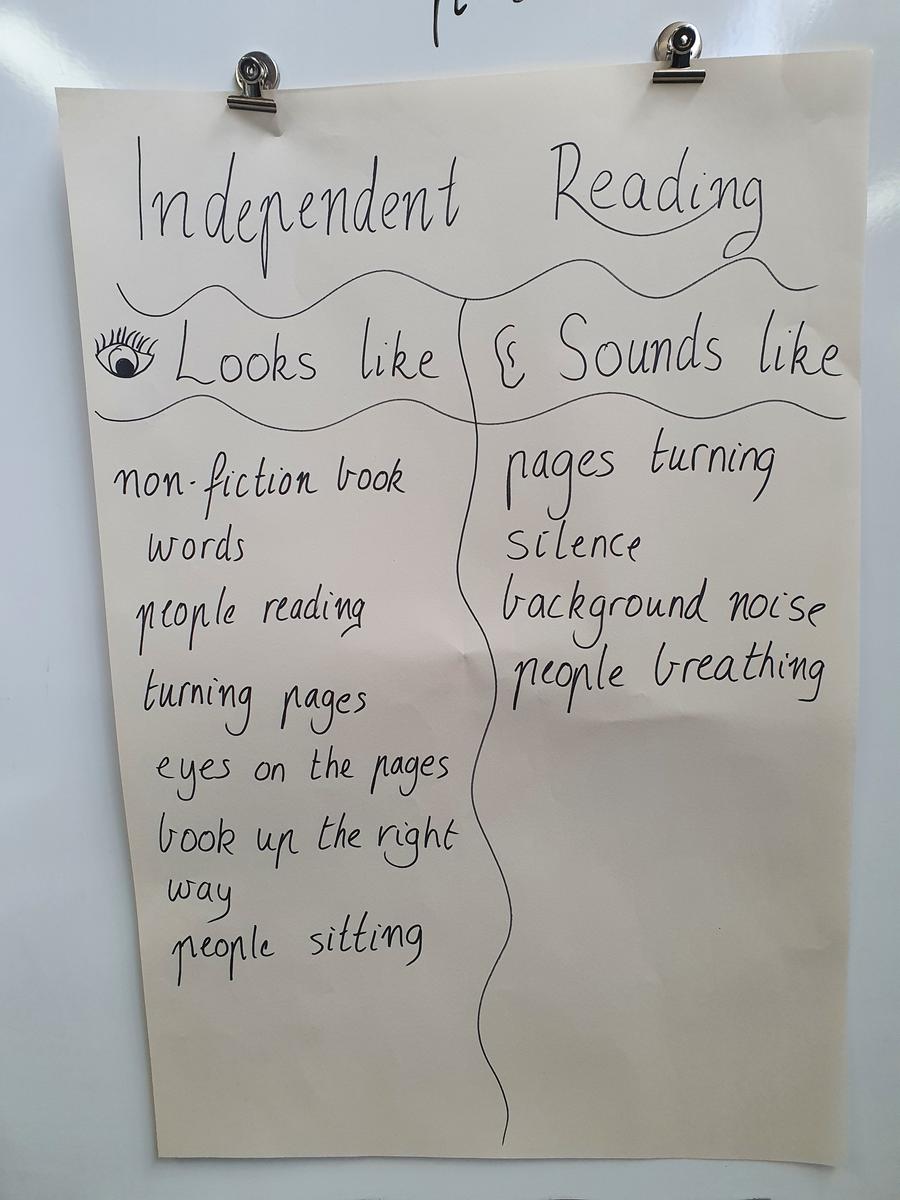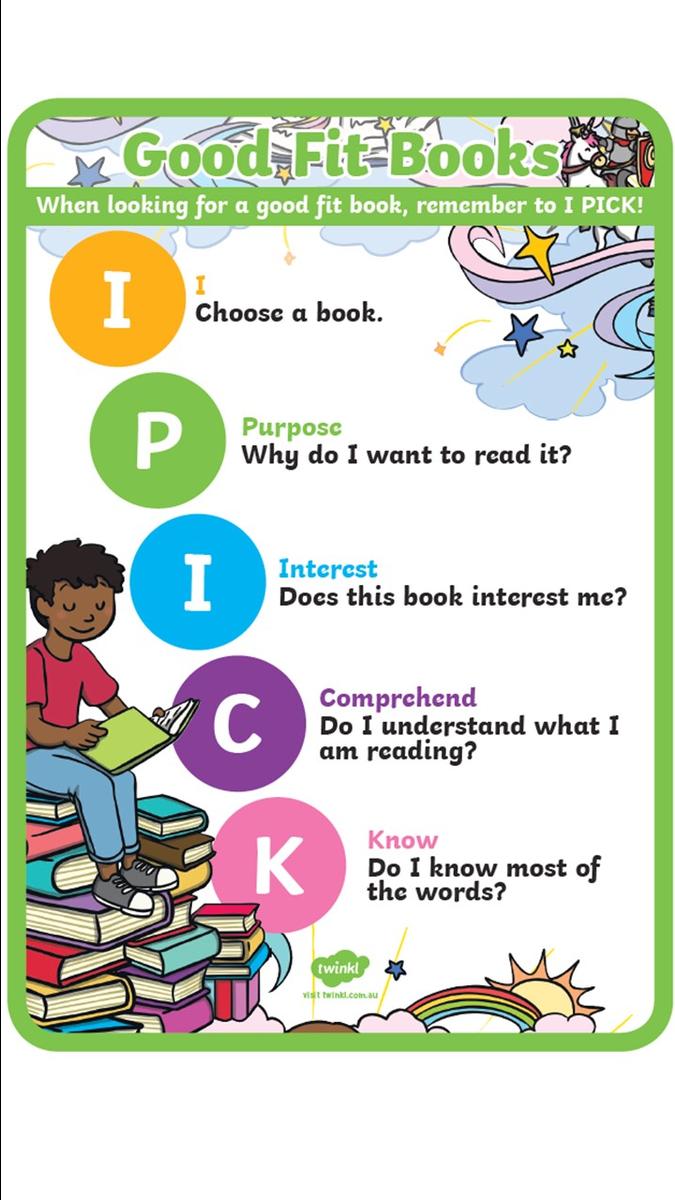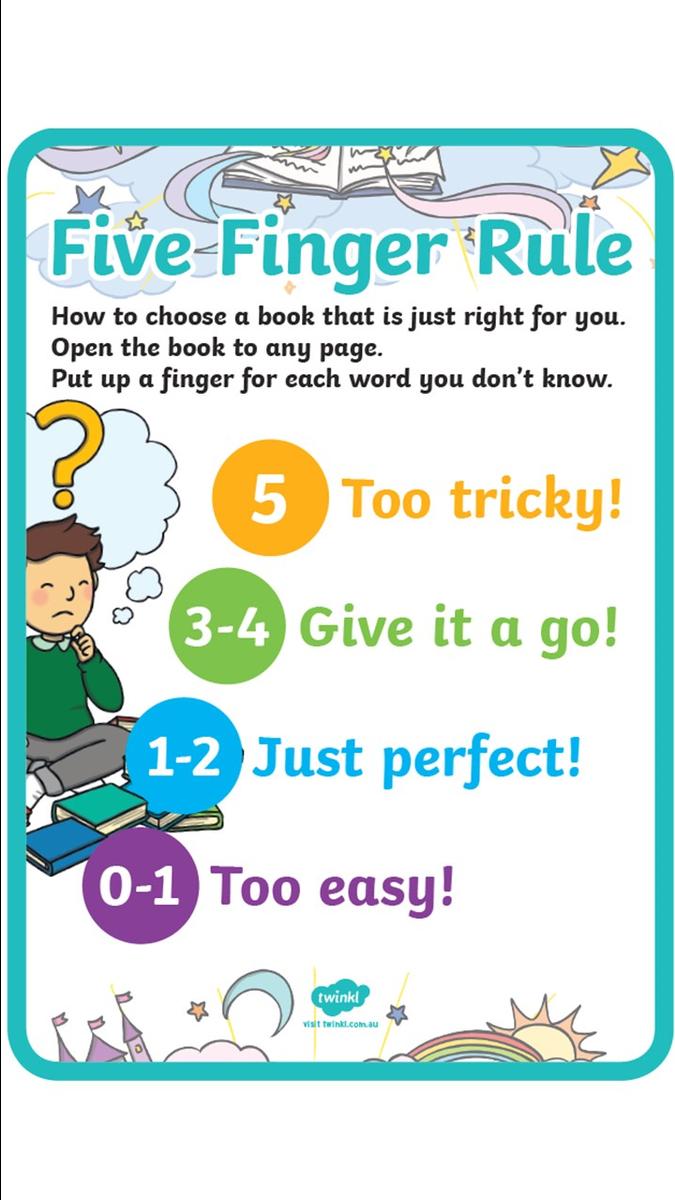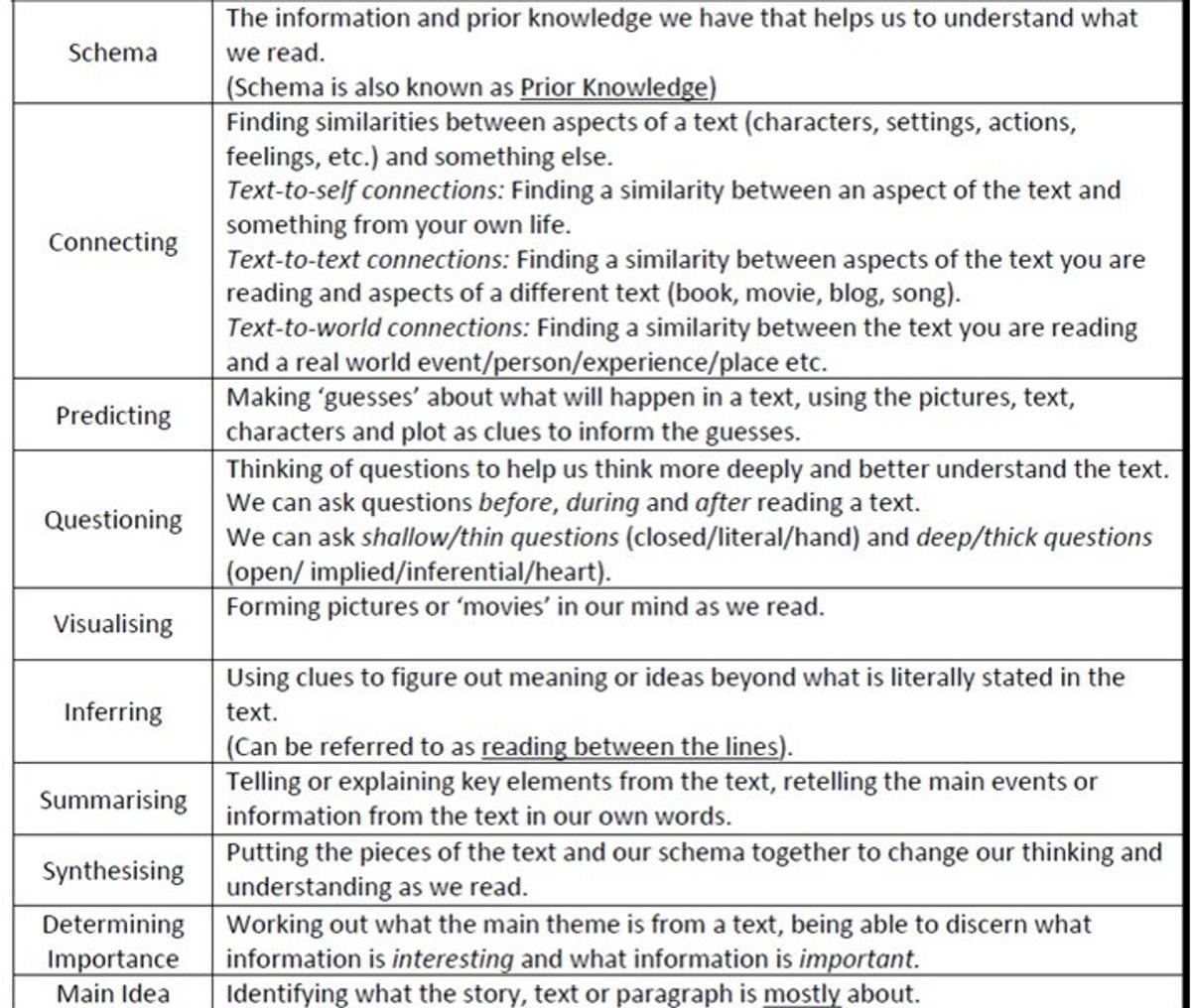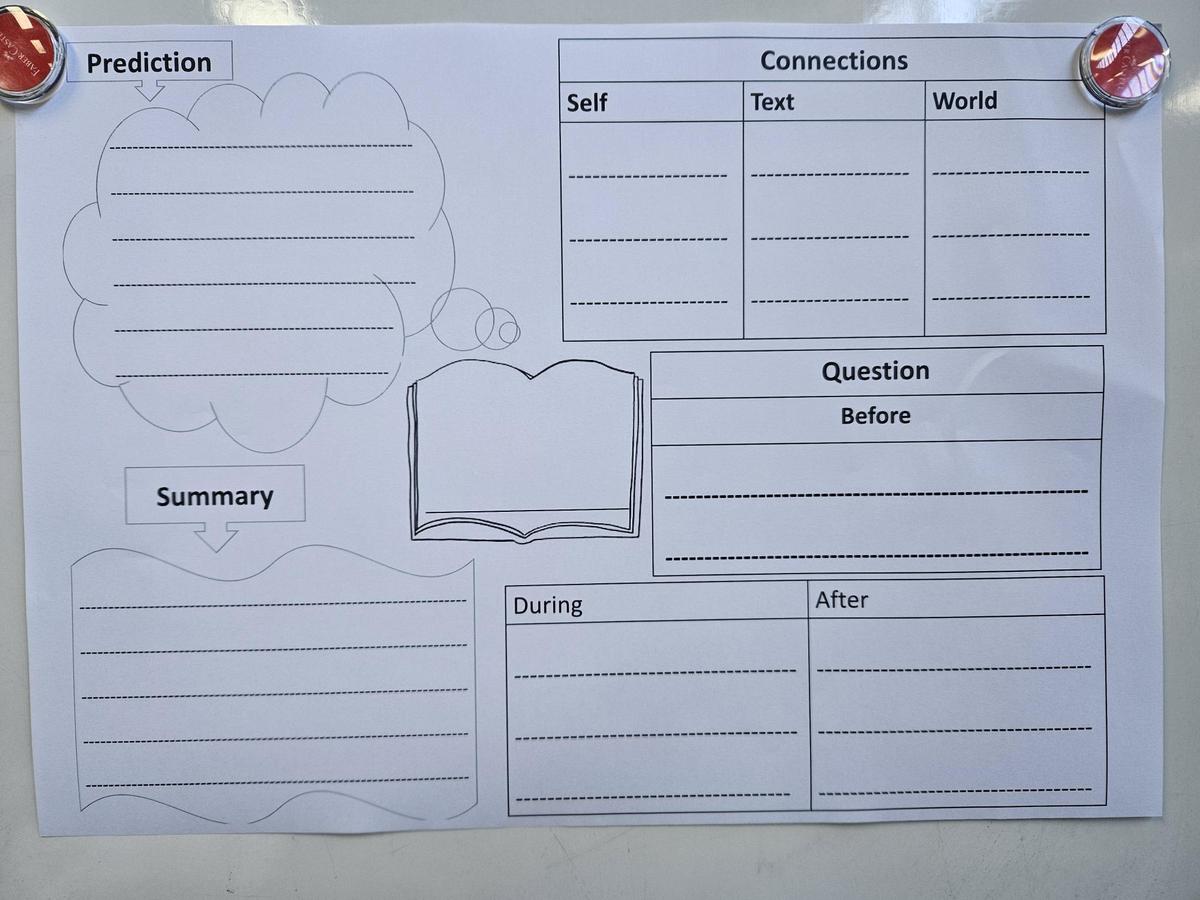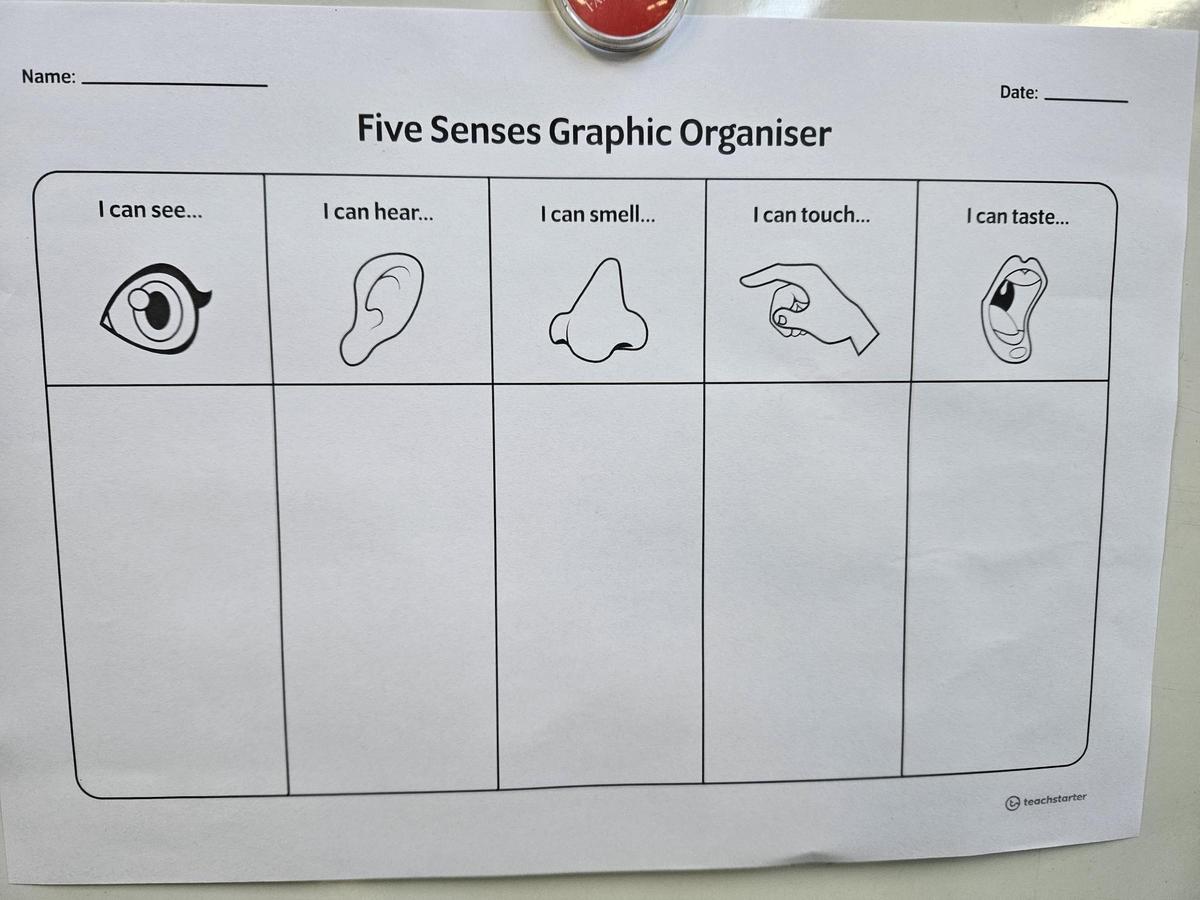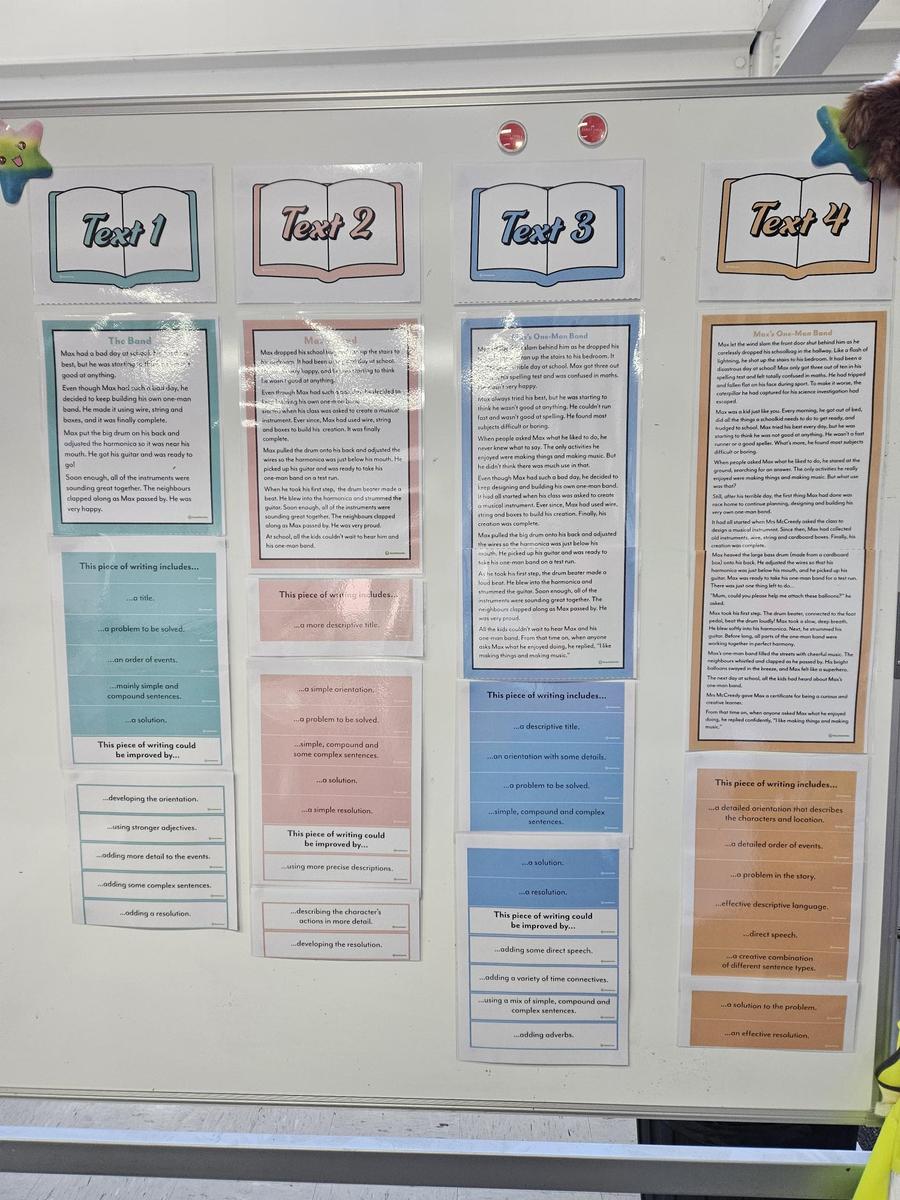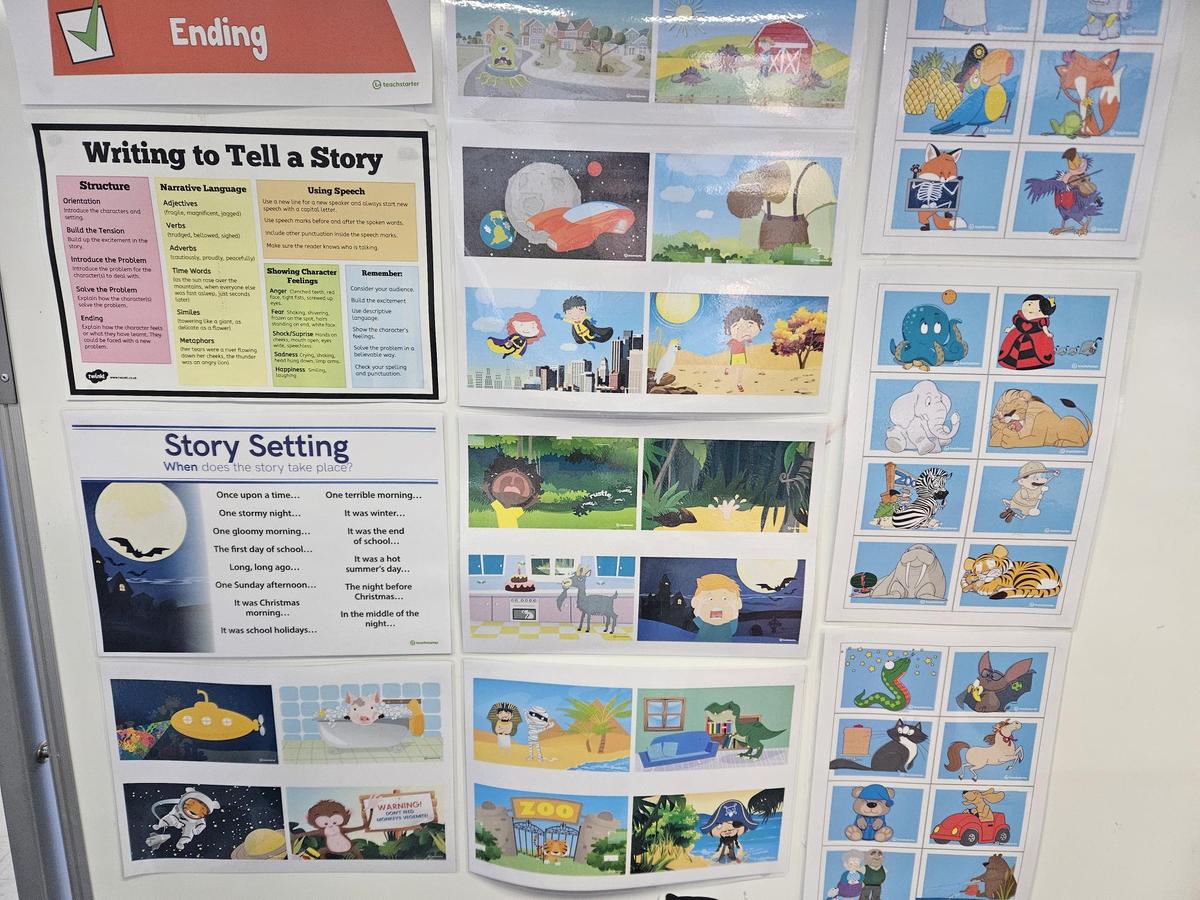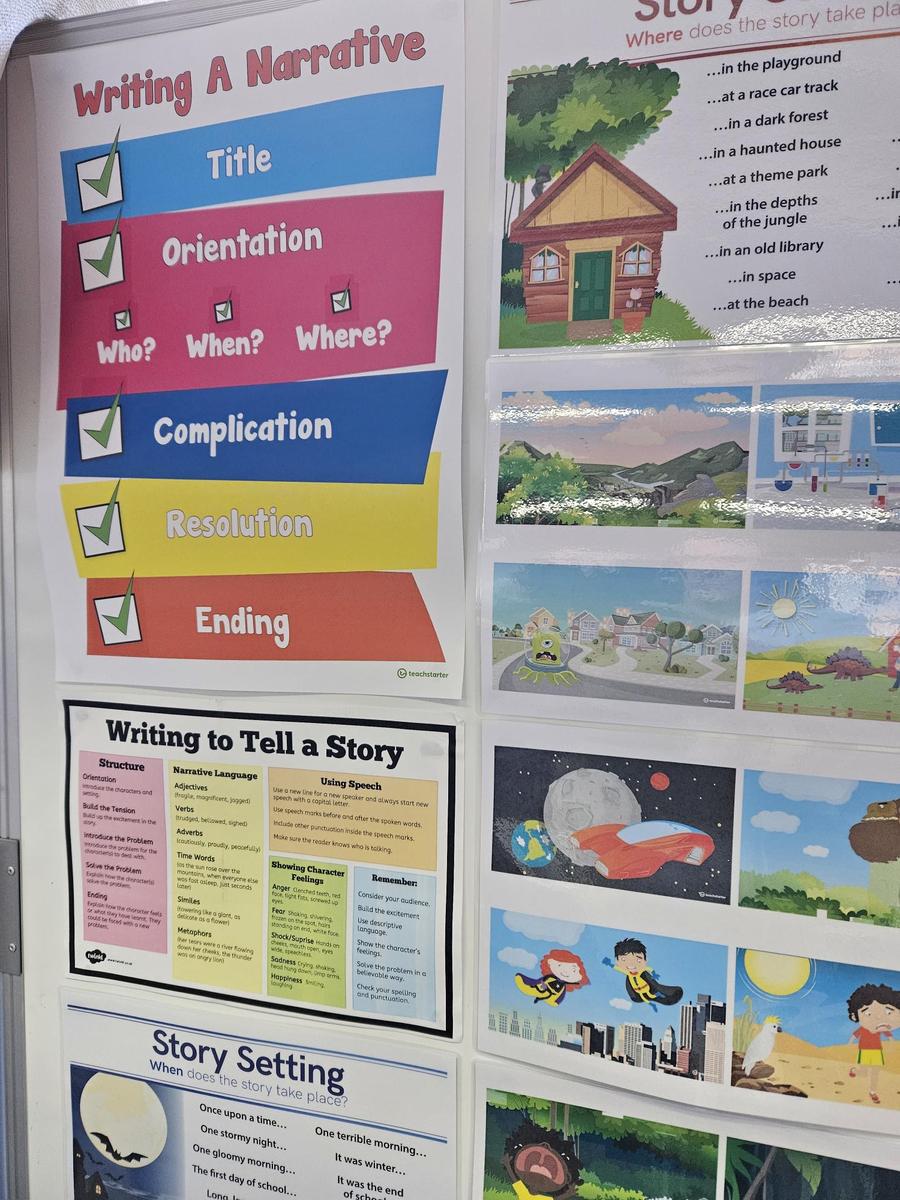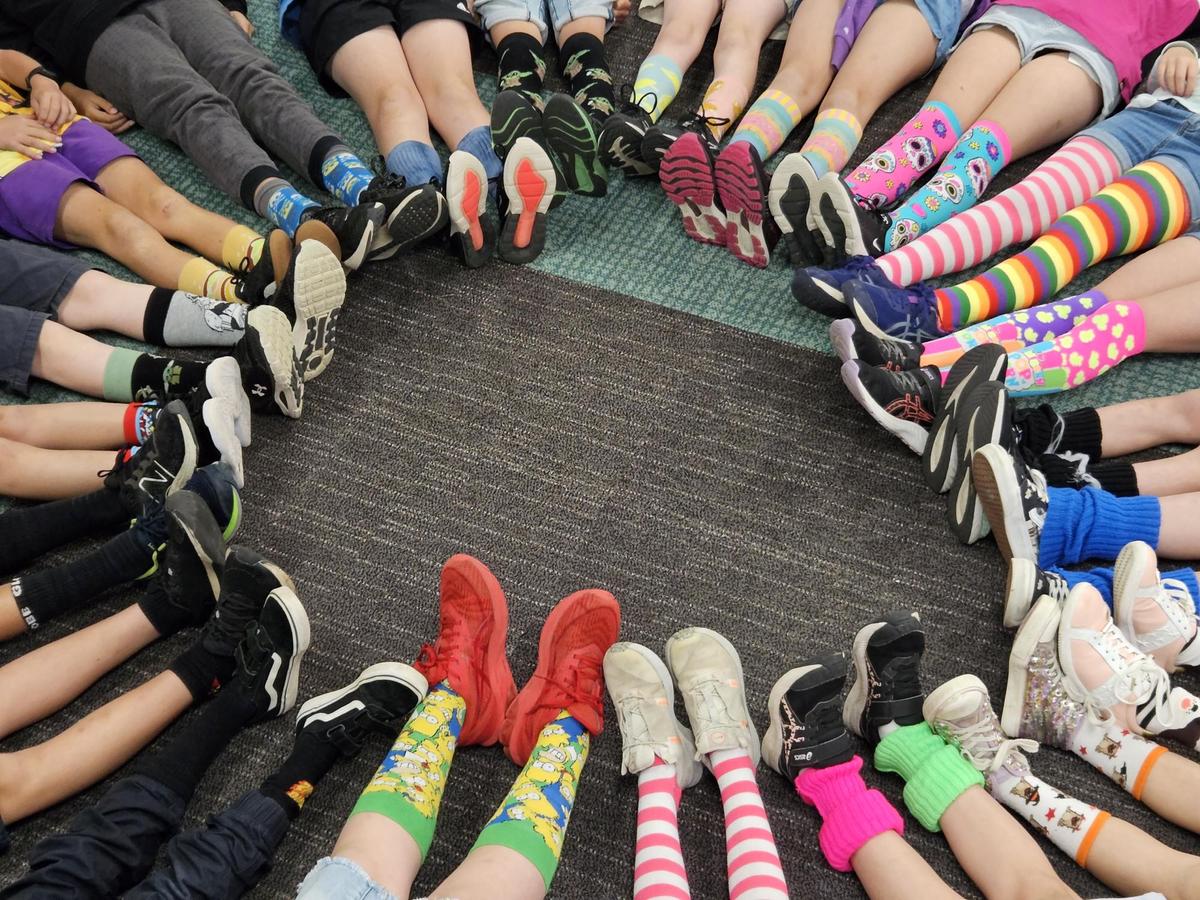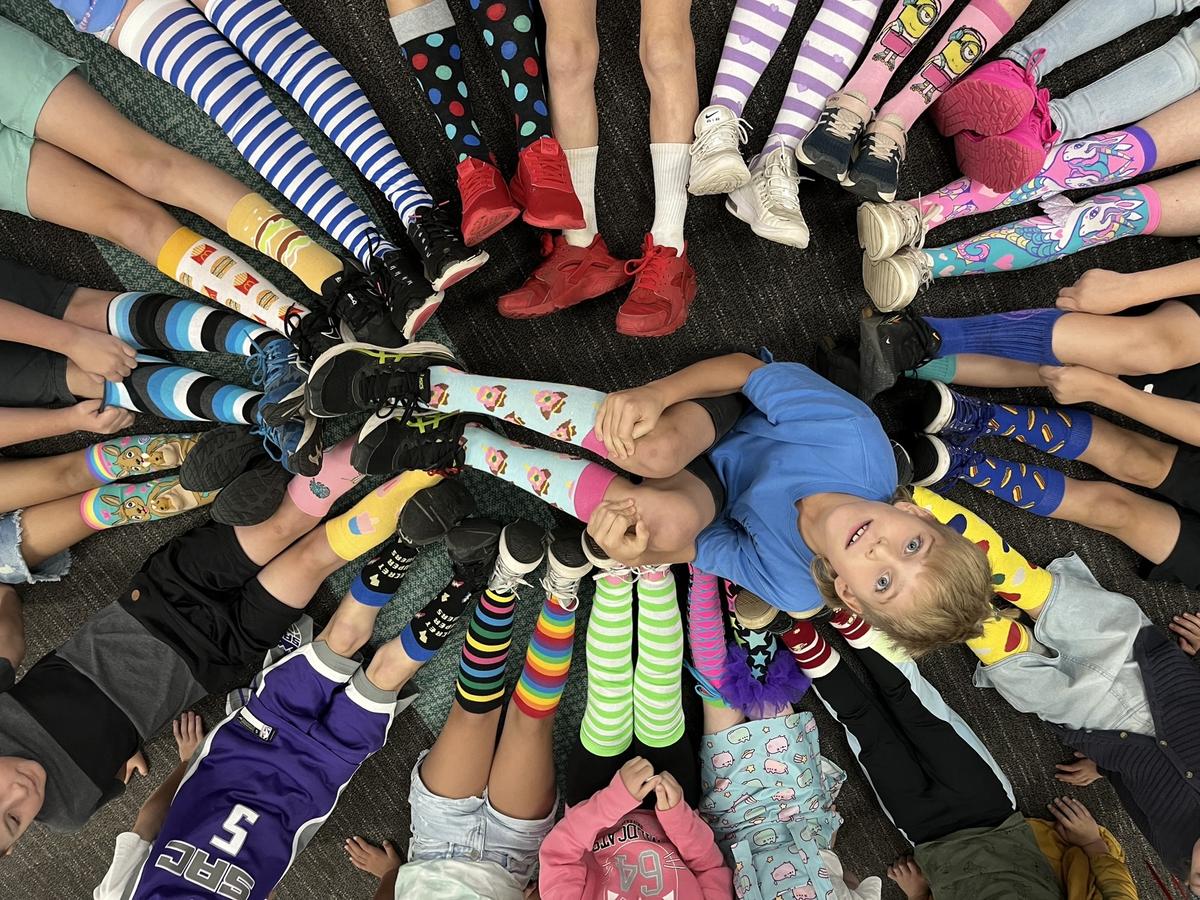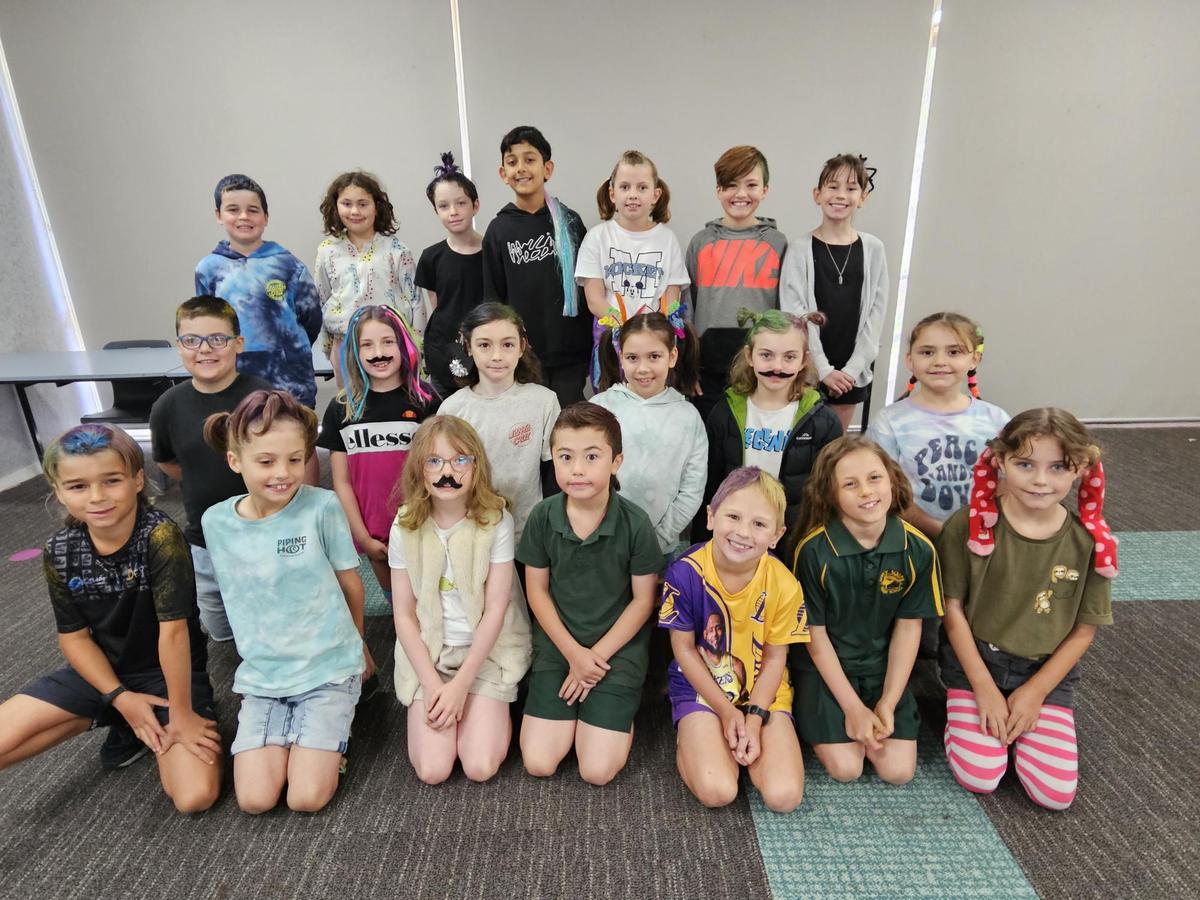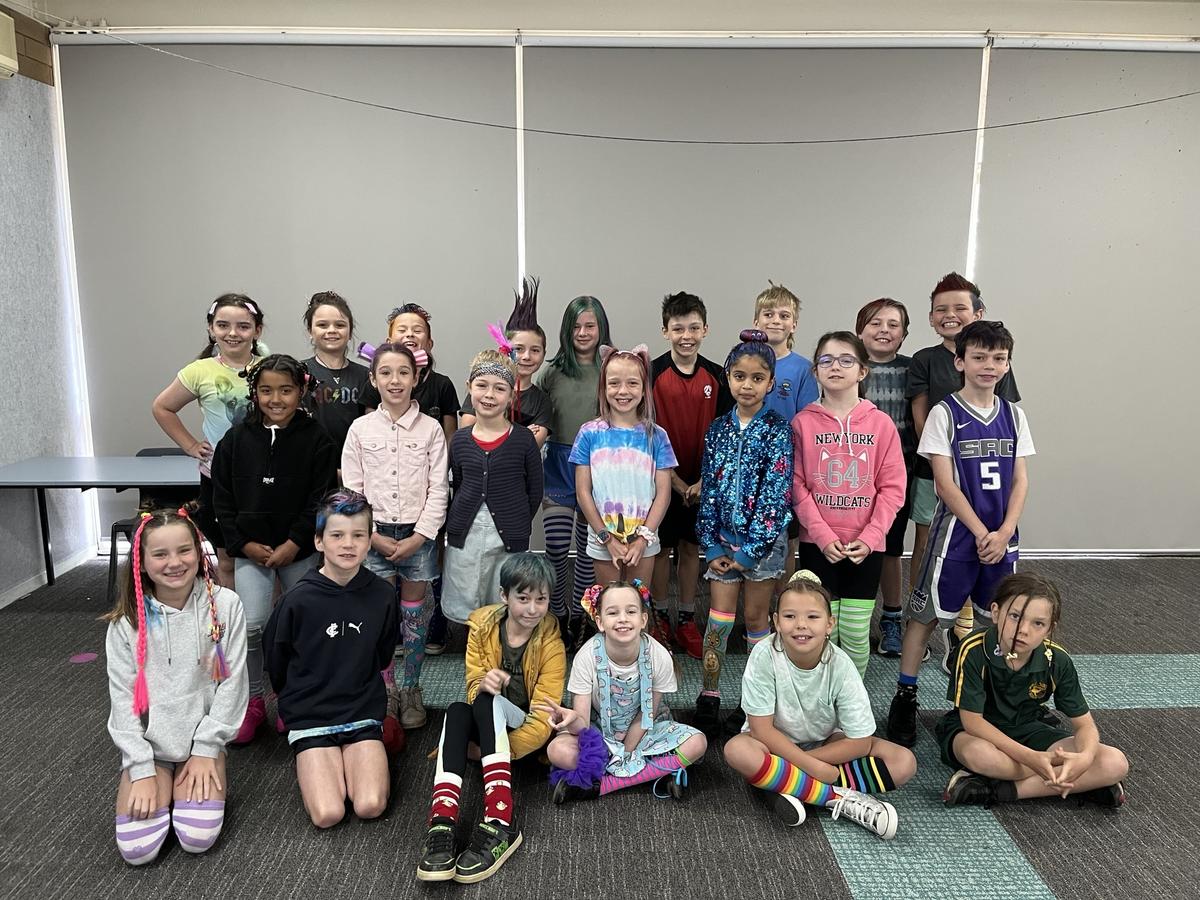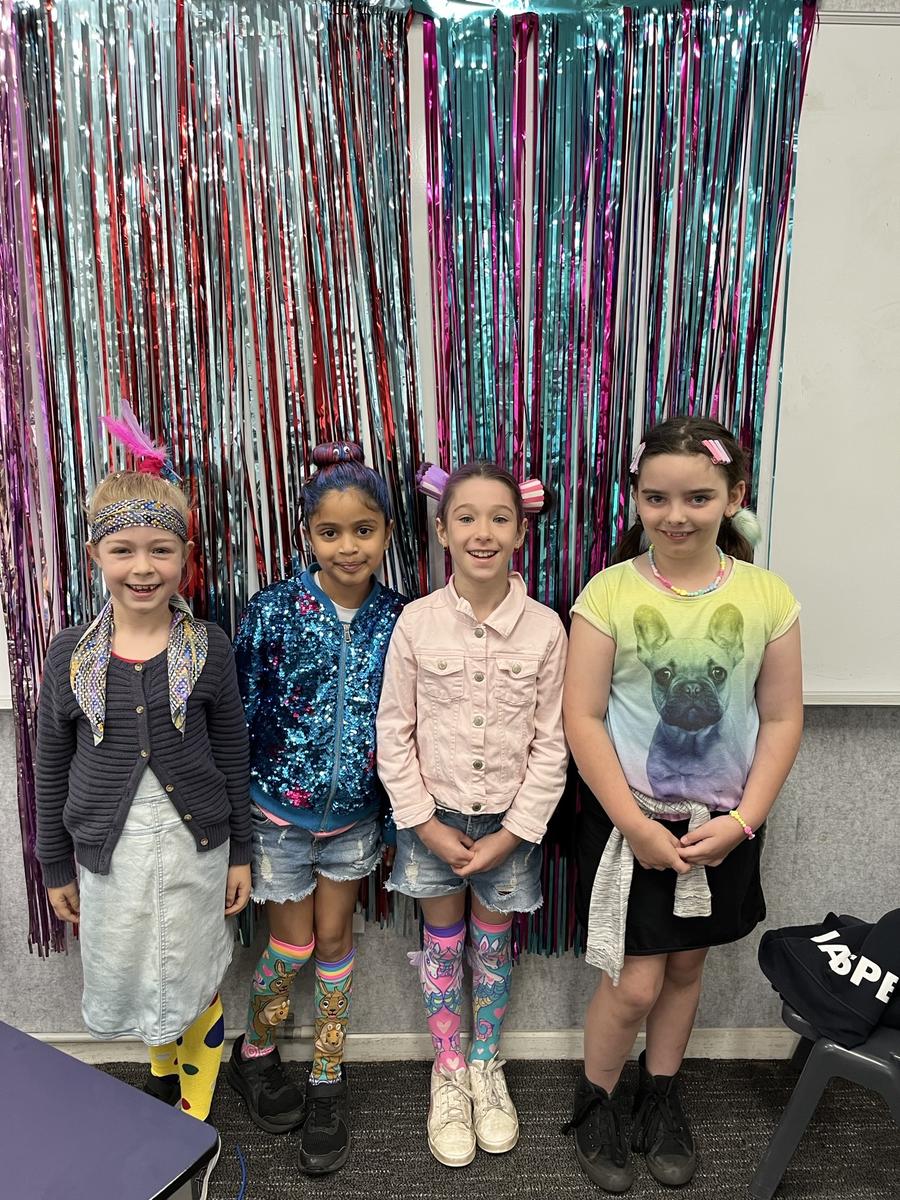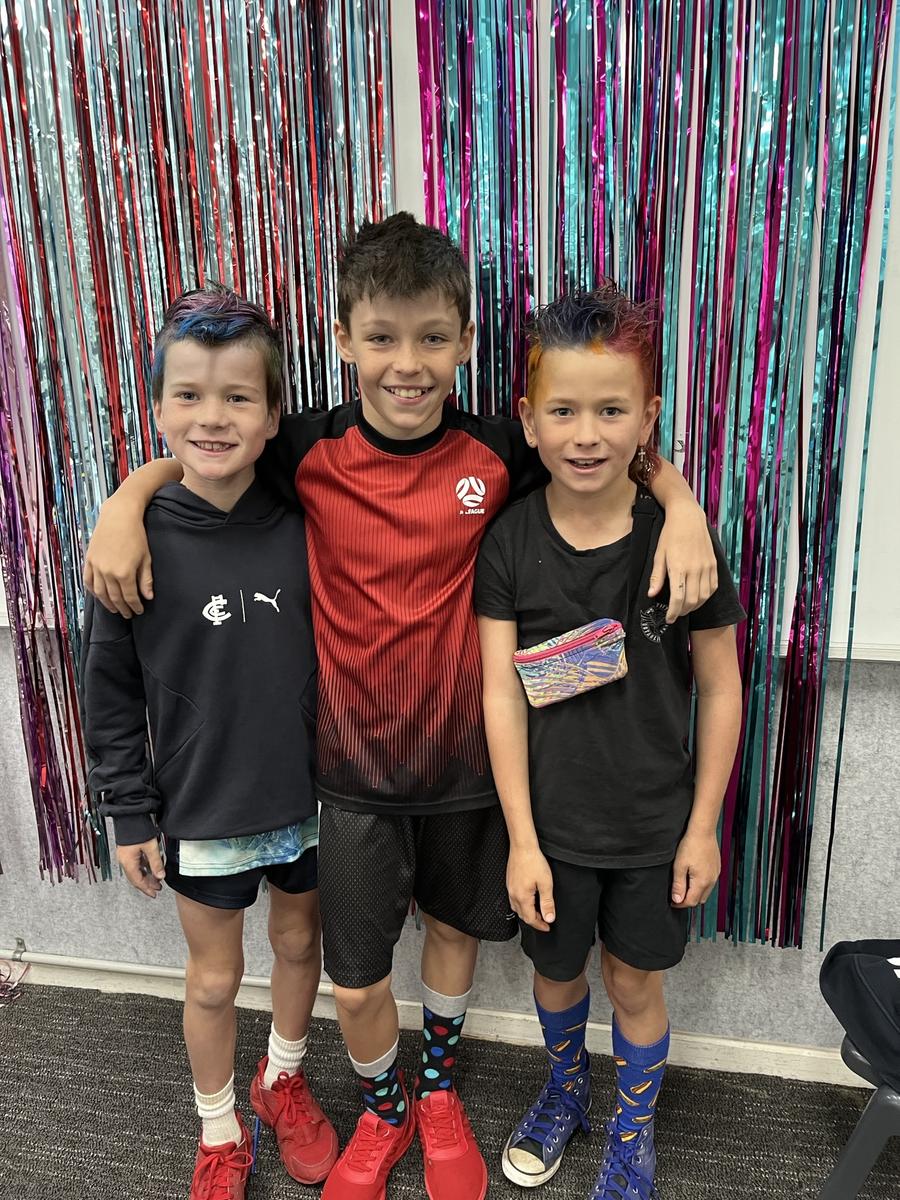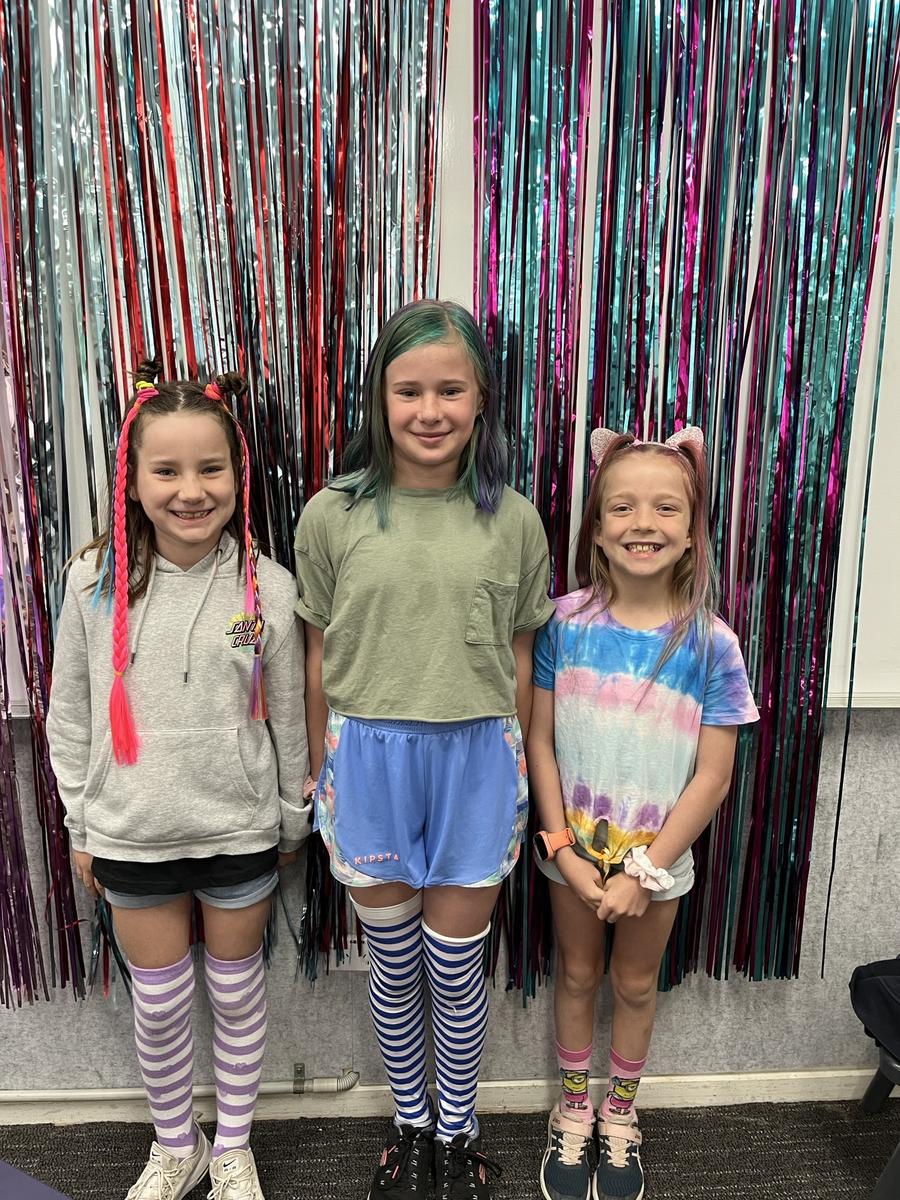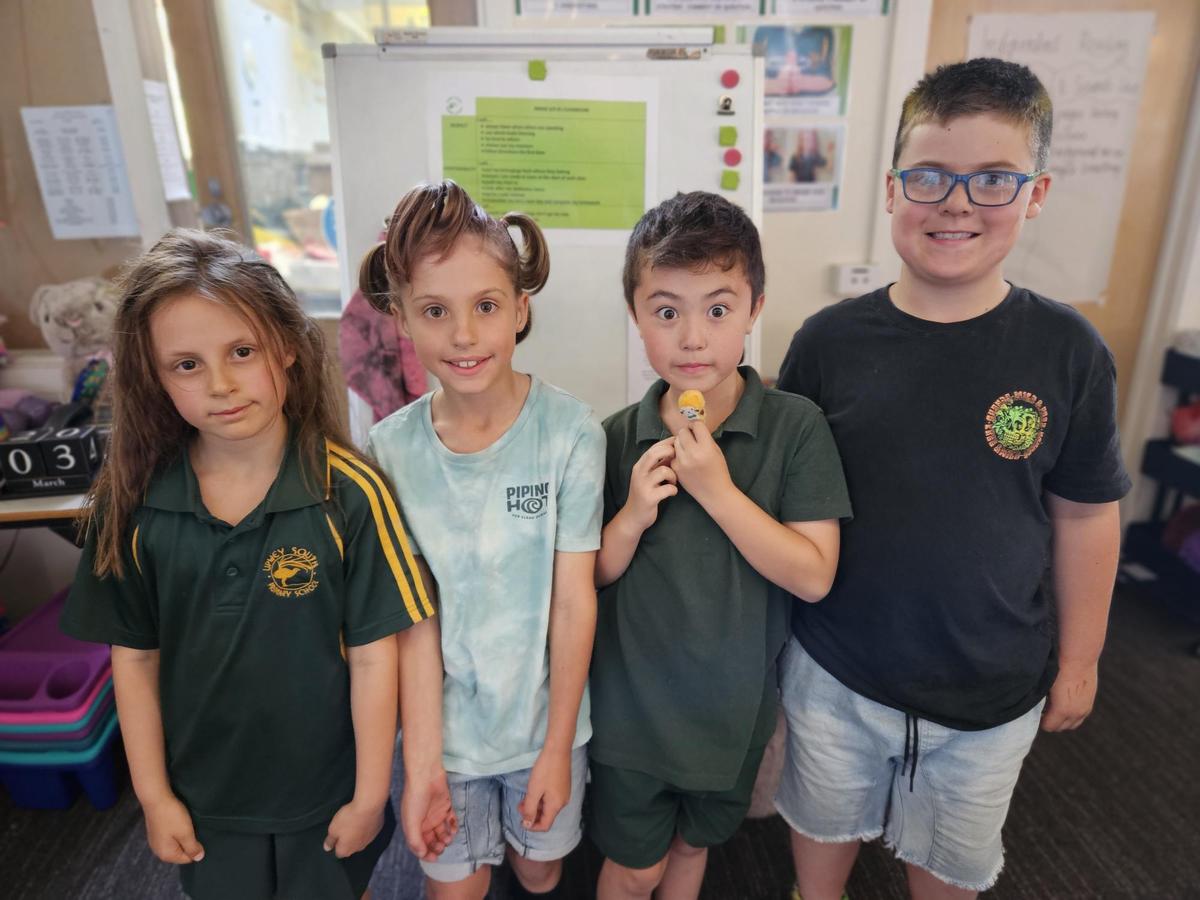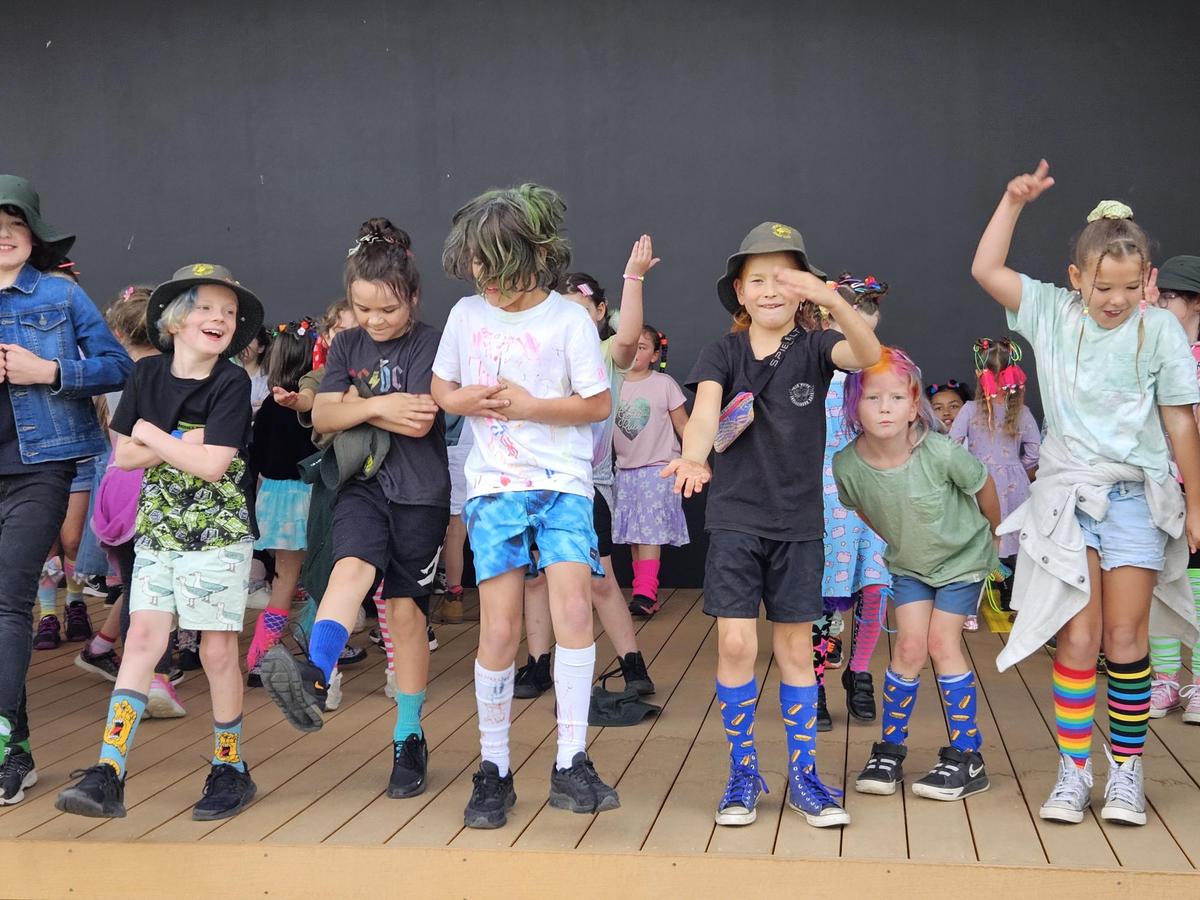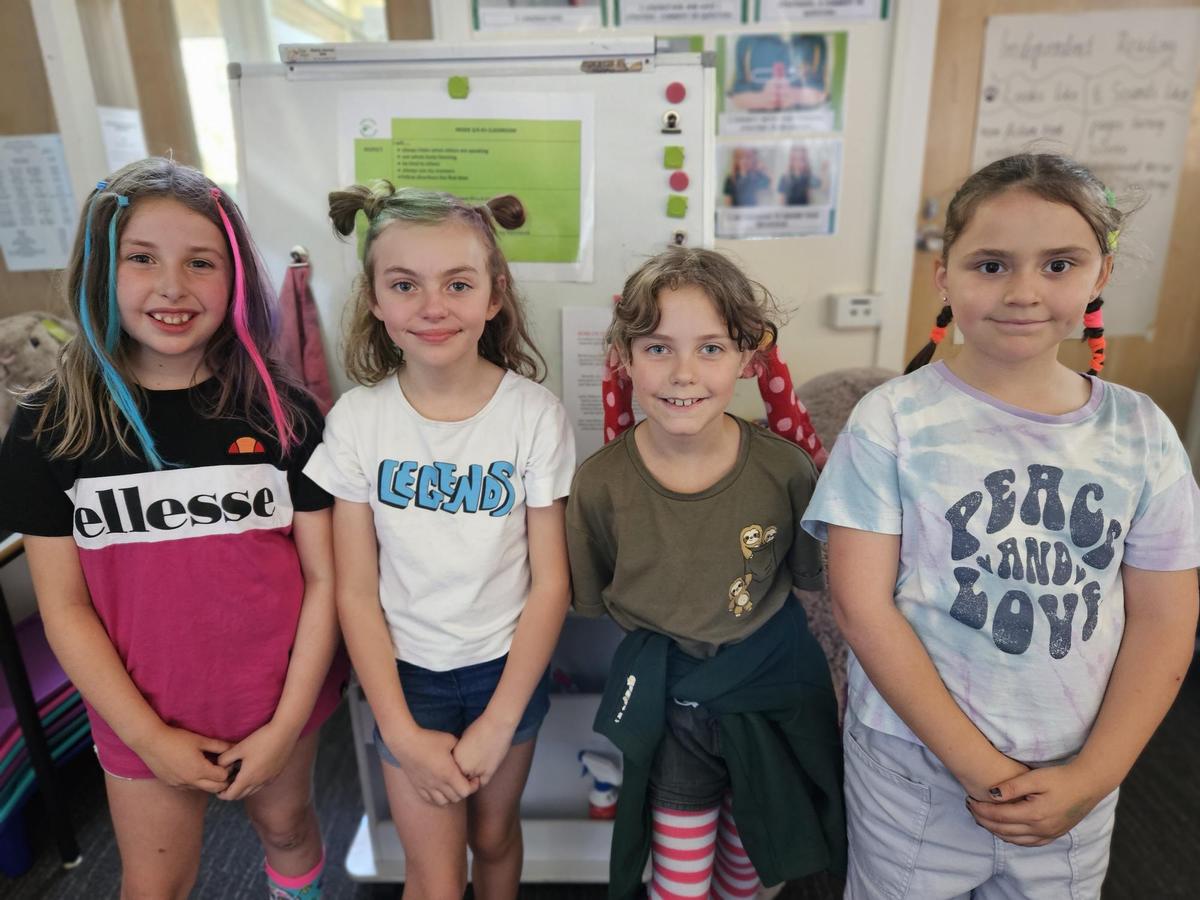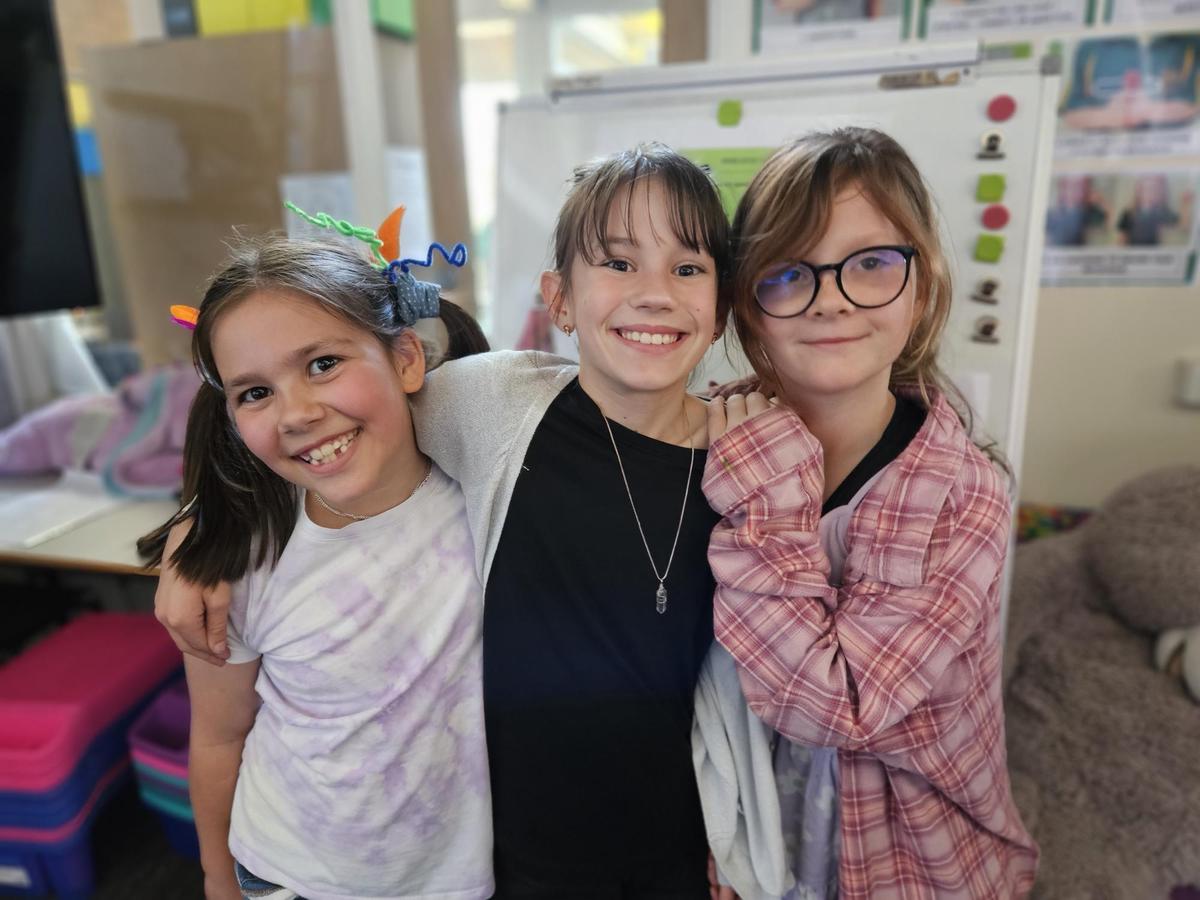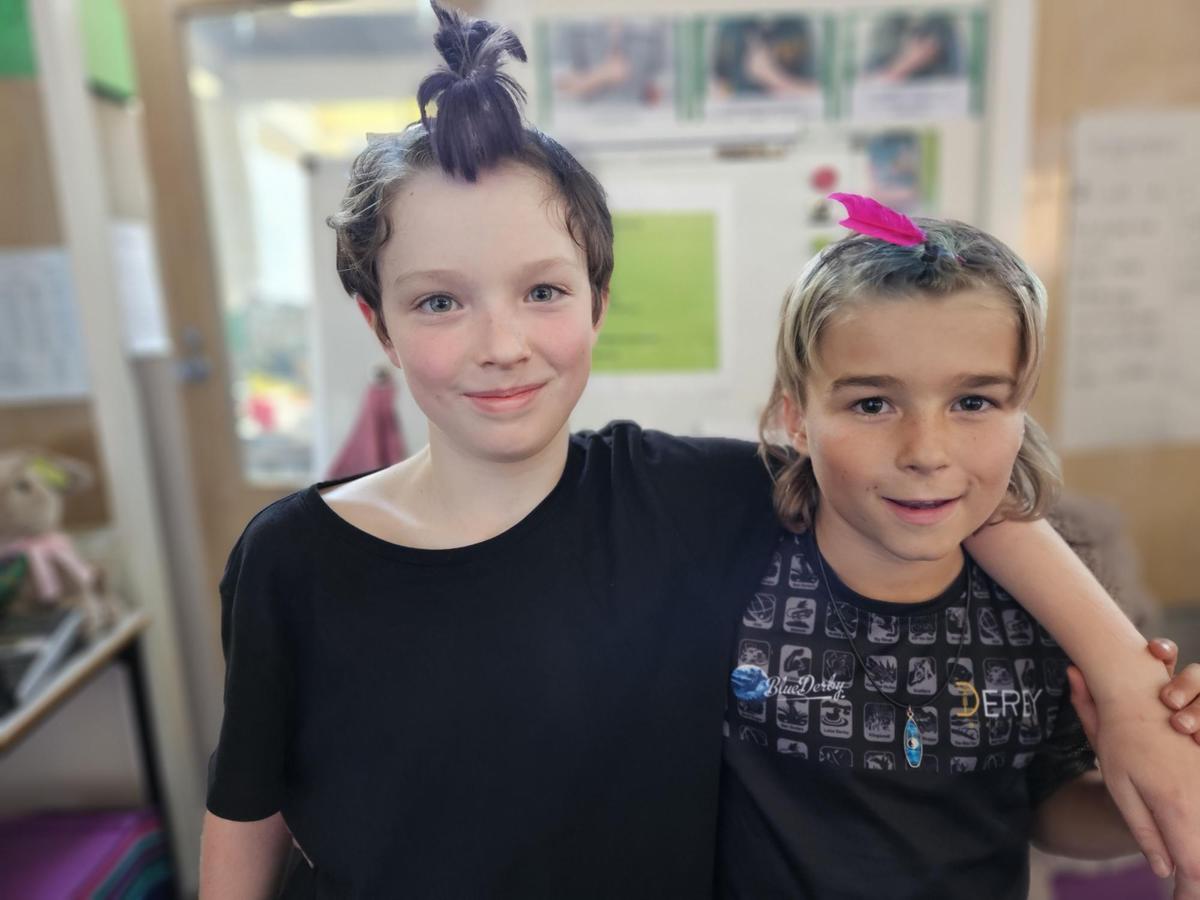Year Three/ Four
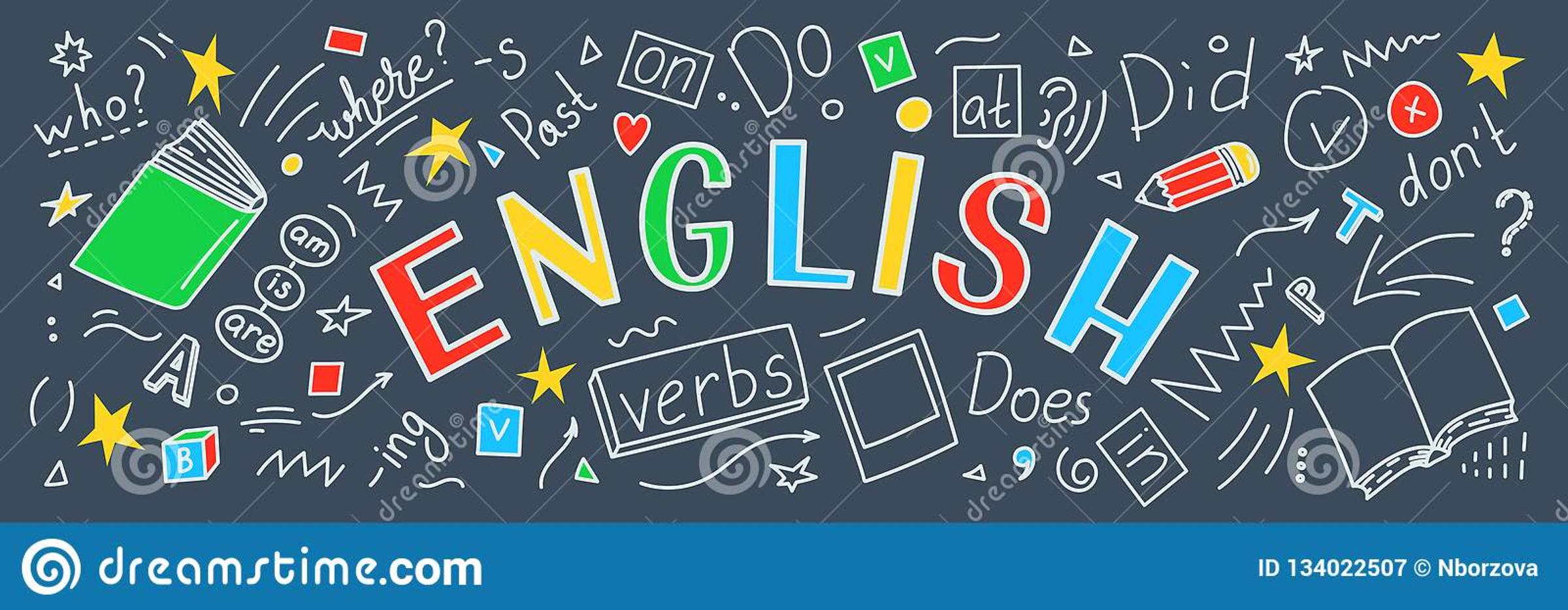
Communicating with the Year Three/Four Team
We look forward to partnering with you in 2023, and welcome your input:
Melinda Rowe (Class 34A) Melinda.Rowe@education.vic.gov.au
Lachlan Prasad (Class 34B) Lachlan.Prasad@education.vic.gov.au
Michelle Wright (Class 34C) Michelle.Wright@education.vic.gov.au
LITERACY IN YEAR 3/4
SPELLING
This year, our Grade Three and Four students will continue to work with MultiLit (a publisher of educational programs) this year to trial a spelling program that supports students’ spelling skills. The spelling program provides whole-class spelling instruction for Year 3 and Year 4. In our recent lessons, we have been learning about phonemes, graphemes, morphemes and tricky/useful words. Our students have shown amazing progress in their spelling already, and we look forward to seeing their growth over the year.
As part of the program lesson cycle, teachers will be collecting assessment data on students to make sure they are learning the content of the program. This data will be shared with MultiLit to enable the program developers to support teachers to monitor student progress and adjust the program as needed. All data is kept securely and confidential. Permission for your child’s results to be shared with MultiLit is entirely voluntary.
If you do not wish for your child's data to be shared with MultLit, please email your child's classroom teacher.
READING
In reading, we are using the Reader's Workshop Model to develop our reading stamina, comprehension and reading skills. We began the year by learning about "Good Fit" books and how to choose the right book. We also brainstormed what Independent Reading looks like, sounds like and feels like. Each reading session, we aim to read independently for 20 minutes.
As part of the workshop model, we have been learning various comprehension strategies. Each week we are focusing on learning a new strategy, participating in a mini lesson to develop our understanding of the strategy and then practicing using our strategy in our 20 minute independent reading time. So far this term we have learnt:
- Prior Knowledge: connecting the text we are reading to things we already know
- Making Connections: connecting the text to the world, another text or ourselves.
- Questioning: asking questions before reading, during reading and after reading a text.
- Predicting: making a guess about what will happen in the text using clues (front cover, title, pictures)
- Summarising: Telling or explaining key elements from the text, retelling the main events or information from the text in our own words.
Throughout the remainder of Term One and into Term Two, we will continue to learn new comprehension strategies and apply these to our reading.
WRITING
So far this term we have focused our learning on Persuasive writing and Narrative writing. Students have been learning about the structure of a persuasive piece of writing and how to write a convincing argument. Students needed to state their point of view and come up with three reasons and supporting arguments. They then used this information to write a five paragraph piece of work.
We have just started to learn about narrative writing. We are tuning into our five senses to help us write information about the setting to our story. The graphic organiser below was used to assist students with this. When writing, students have access to our Narrative and Persuasive writing walls. These walls contain useful anchor charts, prompts and bump it up walls to assist with their planning, writing and editing stages.
CRAZY HAIR AND SOCKS DAY
Our students had a fabulous day on Friday 3rd March with some crazy hair creations and wearing crazy socks. Thanks so much to those that helped put the wonderful and wacky creations together. The students all looked amazing. To celebrate the day, Mr Kitch put on a dance party at recess time with students enjoying their time to shine on the stage.
HOMEWORK
The homework in the Year 3/4 level generally conists of daily reading, learning times tables and learning specified spelling words.
READING
We recommend that your child reads daily and records their reading into their diary. This should include the book title, author and pages read. Ideally, the child should be reading to a parent if possible as this helps with fluency, expression and comprehension.
SPELLING
When students complete progress monitioring or cumulative review spelling assessments, any words that students had trouble with, are then used as spelling words. These words will be written into your child's diary. We encourage students to practice spelling these words daily as homework.
TIMES TABLES
Students have now completed a times table assessment to check their understanding and knowledge. Students have been instructed to start learning a particular set of times tables. Your child should be learning these out of order and be able to have an automatic response when the question is asked of them. Once they are confident in knowing the set of times tables, your child will then let their teacher know they are ready to be tested. If they are able to show confidence in recalling the set of tables, they will then receive their next set of times tables to learn.
DIARIES
Please note that it is exected that your child has their diary at school every day.
SPECIALIST TIMETABLE
Please find below the times that each class are scheduled to have their specialist classes. Please note that these times are subject to change for example during swimming weeks etc.
34A
Tuesday 2:40pm: Science
Wednesday 9:40am: PE
Thursday 1:20pm: Visual Art
Friday 11am: Performing Arts
Friday 11:50am: Japanese
34B
Tuesday 2:40pm: Performing Arts
Wednesday 11am: PE
Thursday 9:40am: Visual Art
Friday 11am: Japanese
Friday 11:50am: Science
34C
Tuesday 2:40pm: Visual Art
Wednesday 11:50am: PE
Thursday 9:40am: Japanese
Friday 11am: Science
Friday 11:50am: Performing Arts
